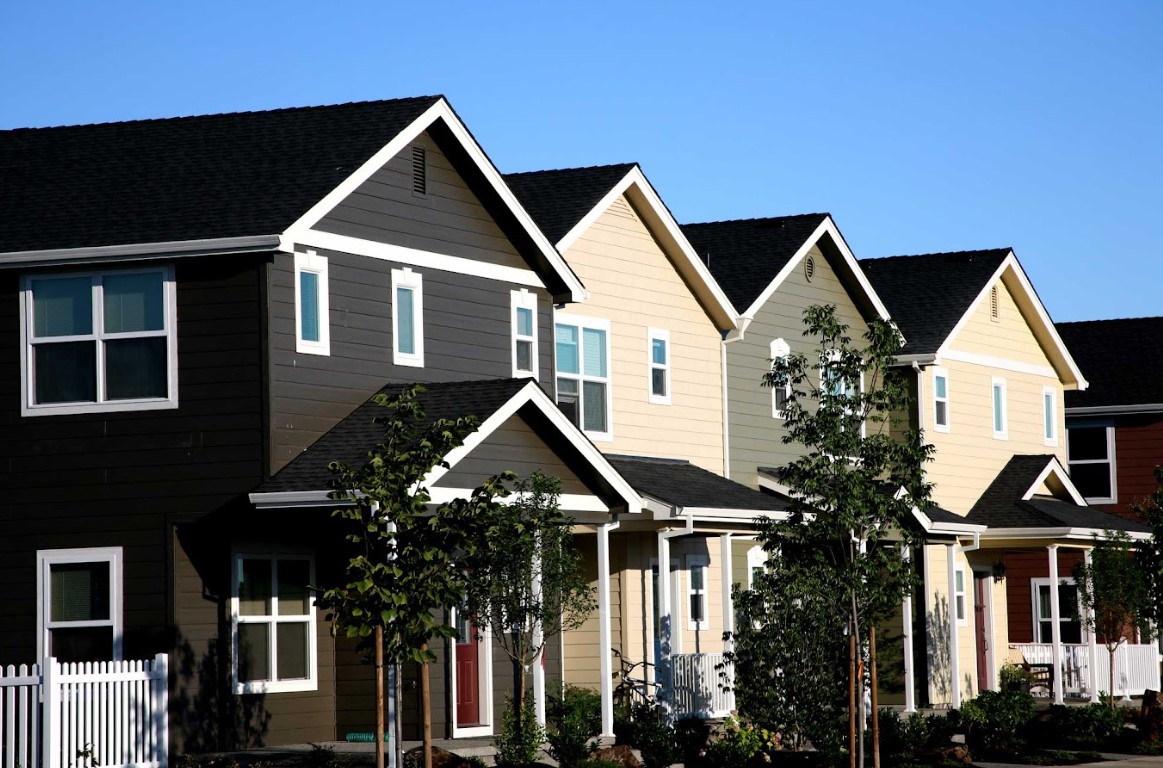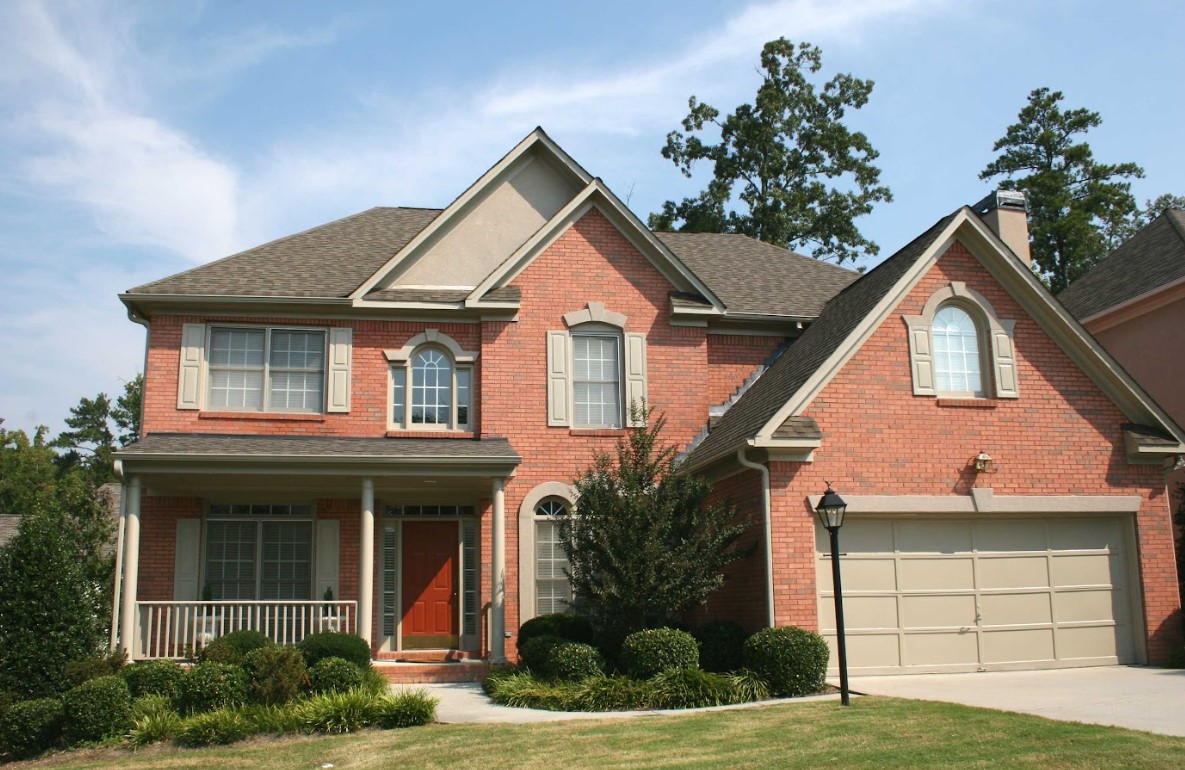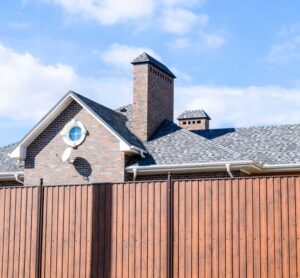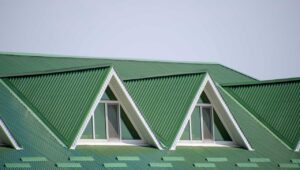At Best Choice Roofing in Orlando, FL, we know that choosing the right roof can be a big decision. Whether you’re looking at asphalt, metal, or tile roofing, our team of experts is here to help guide you through the process. Orlando’s climate, with its hot, humid summers and occasional tropical storms, means your roof needs to stand up to the elements while also adding curb appeal to your home. That’s why it’s essential to consider two critical factors when selecting a roof: pitch multiplier and roof size. These will determine your roofing project’s durability, efficiency, and overall cost.
Roof Pitch Multipliers and Roof Size: An Overview
Before we dive into the details of how roof size and pitch affect your roof, let’s first break down what these terms mean.
Roof size is pretty straightforward—it’s the total surface area of your roof. The bigger the roof, the more materials and labor are required to install or replace it. Simple, right? But the roof pitch introduces a more technical layer. The pitch of your home refers to the steepness or slope of your roof, and this is where the concept of the pitch multiplier comes into play.
The pitch multiplier helps calculate the actual surface area of a sloped roof, which is always greater than if your roof were flat. Steeper roofs have a larger surface area than shallow roofs, which means they’ll require more materials and labor. But how exactly do size and pitch affect your roof’s performance? Let’s dive into each factor.
How Roof Size Affects Your Roof
When it comes to size, it’s not just about the amount of material needed; the size of your roof also affects the overall structural integrity and cost of the project. A larger roof:
Needs more materials: The bigger the roof, the more asphalt shingles, metal panels, or tile you’ll need. This means higher material costs.
Requires more labor: Larger roofs take longer to install, so labor costs naturally increase.
Might need more ventilation: A larger roof may need additional vents to ensure proper airflow and prevent issues like mold or moisture build-up.
In Orlando’s climate, ensuring your roof has adequate ventilation is important to help keep your home cool during those hot summers. Plus, with our intense rainfalls, larger roofs need to be carefully inspected for water drainage to prevent any leaks or damage.
How Pitch Affects Your Roof
The slope or pitch of your roof significantly impacts both the look and function of your home. A steeper pitch has pros and cons you’ll want to consider:
Water drainage: Steep roofs excel at shedding water quickly, which is great for Orlando’s heavy rains. The faster the water runs off, the less chance there is for leaks or water damage.
Material type: Not every roofing material works well on all pitches. Asphalt shingles work great on moderate slopes, while metal is ideal for steeper pitches because it’s lightweight and durable.
Safety and labor costs: Steeper roofs are more dangerous and challenging to work on, so labor costs may rise. Additionally, the pitch multiplier means a steeper roof has a larger surface area than a shallow roof of the same footprint, increasing material costs.
Your Best Roofing Solution for Your Orlando Home
In Orlando, choosing the right roof means balancing the size and pitch of your home with the climate demands. Whether you’re in the market for asphalt, metal, or tile roofing, Best Choice Roofing is here to help. We take the time to evaluate your home’s unique needs, ensuring your roof is not only beautiful but also strong and efficient in the face of Florida’s extreme weather.
Call us today to schedule a consultation and get the best roofing solutions personalized to your home!





